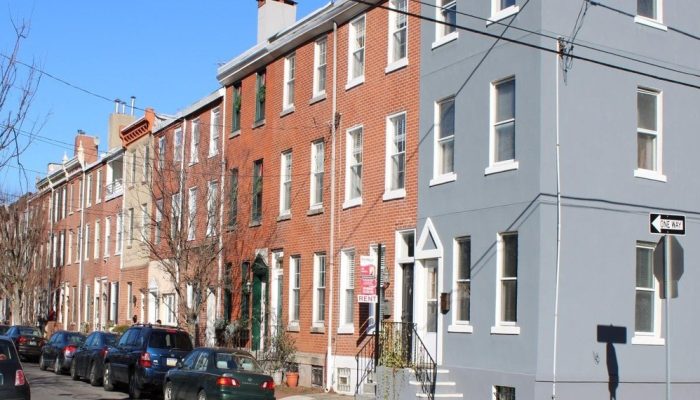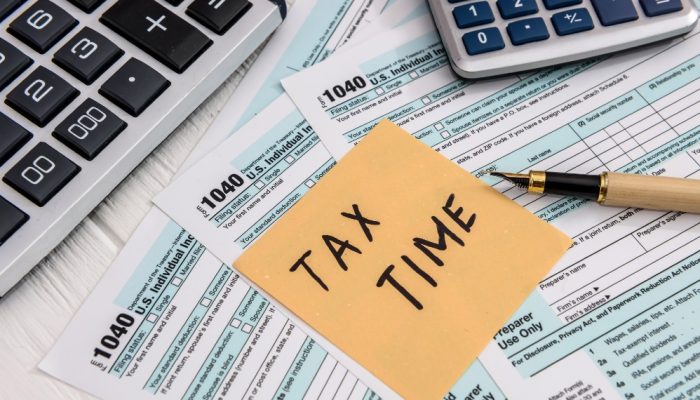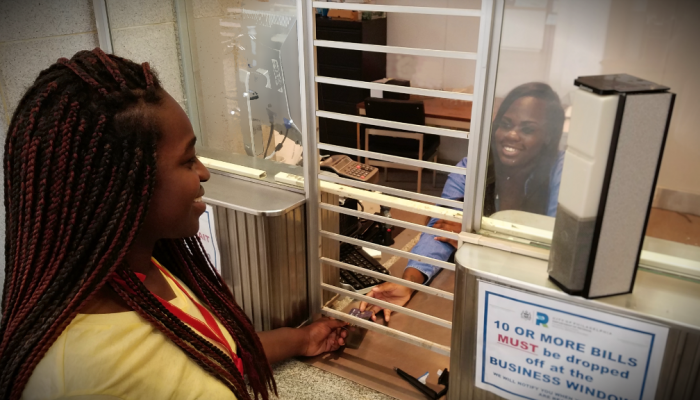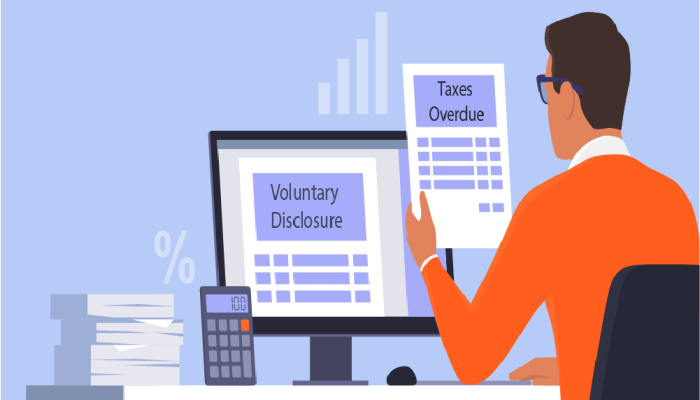Philadelphia’s Realty Transfer Tax rate has changed. This is the tax you pay when you buy, sell, or transfer property in Philadelphia.
Four things you should know
- The City portion of the transfer tax rate is now 3.578%. It was previously 3.278%.
- With the Commonwealth portion of the tax rate staying the same, at 1%, the total tax rate is now 4.578%.
- The new rate became effective on July 1. The tax rate was last adjusted in 2018.
- This rate increase will fund affordable housing programs in Philadelphia, including the $2 billion H.O.M.E. (Housing Opportunities Made Easy) Plan. H.O.M.E aims to build 30,000 affordable housing units across the city.
What this means for you
You’ll have to pay the new rate of 4.578% when you buy, sell, or transfer residential and commercial property in Philadelphia after July 1, 2025. Make sure you budget accordingly:
[3.578% (City) + 1% (Commonwealth) = 4.578% (total)]
Exemptions may apply
If you’re transferring property to your spouse, grandchildren, or children, you don’t have to pay this tax. Nevertheless, all family exemptions require supporting documents.
Transfers under a will are also exempt, but properties bought from an estate aren’t. For example, the tax is due when a property is willed to multiple parties and then sold to one.
Several ways to pay
The transfer tax is due when you record your deed. The City gives you up to 30 days to pay this tax after buying a property, but it’s a good idea to ensure its paid in full at closing.
You can pay in person when you file your deed with the Department of Records or by mail, but online is easiest. You must log in to your Philadelphia Tax Center profile or use the Letter ID found at the top of your bill to pay this tax online. Here are the steps:
- Find the “Payments” panel on the Philadelphia Tax Center‘s homepage.
- Select “Make an electronic payment.”
- Under “Payment options,” pick “Yes” to pay a bill you just received.
Philadelphia’s Realty Transfer Tax rate is based on the sale price or assessed value of a property. When there is no sales price, the tax is calculated using the property’s value, which is determined by the Office of Property Assessment (OPA).




